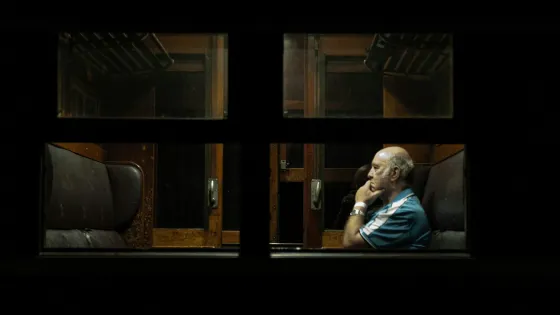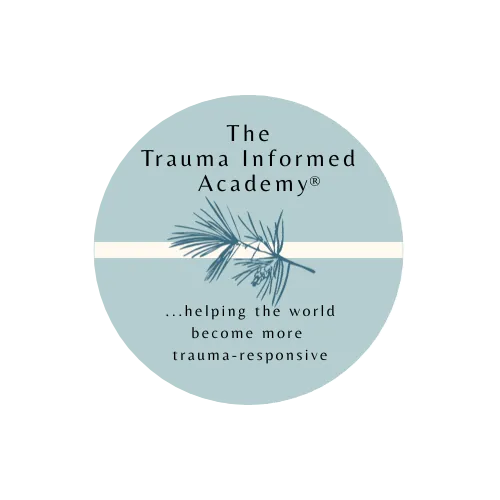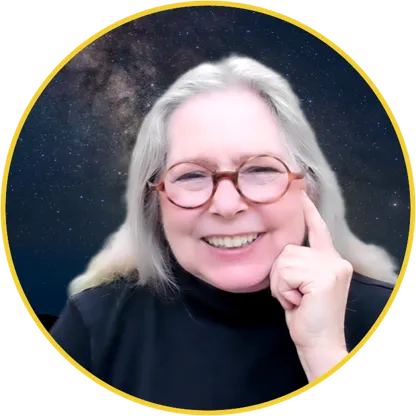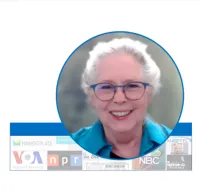

Loneliness: Epidemic and Enemy of F-699 (and everything else!)
While being alone is something almost all of us seek at some time in our lives, there’s a difference between “alone” and “lonely.” I think there might be a difference between “lonely” and “lonesome,” and lonesome is not used nearly so often as lonely.
During the pandemic, it was impossible for people to connect with each other in the same ways as before. For some people it, was a “drive-by” visit where their loved ones were one by one on a patio and family members could only look from afar as their beloved shook the uprights in the attractive iron palisade fences surrounding the back yard (memory issues, you know?)
People who were then isolated--especially in facilities--lost a lot of cognitive and physical ground. So did people who live alone outside of facilities. In some ways, we all forgot each other in depth.
Staff were concerned about contagion (who wasn’t!) and backed up as appropriate. Those who had formed strong bonds with some residents felt them weaken. Many who were committed to relationships over the transaction nature of institutional life suffered--yes, suffered--in addition to the pain they felt. They may have left the facility or the field. As one told me, “I couldn’t bear to stay knowing that the isolation my residents felt would hasten their decline. I needed to be there with them, for them.”
Loneliness lets minds wander, unleashes the old darkness and painful memories, and makes everything harder. The epidemic of loneliness persists because we are sort of stuck in transaction-land instead of relationship-building. The epidemic of too much time alone disturbs memories of old events, brings them up, makes people look… less competent, capable and worthy of being cared for as problematic behavior increases.
Obviously, this can make loneliness--physical or social isolation--a key contributor to F-699 violations. It’s not just about the activities; it’s about the relationships people can build and sustain in the face of increased distance among us. F-699’s requirements, when you look at what’s behind them, call for next gen ideas about how we combat loneliness.



Email our Admin:
©Copyright 2025 EPower & Associates, Inc. All Rights Reserved.
Privacy Policy | Terms of Use
Featured On...


